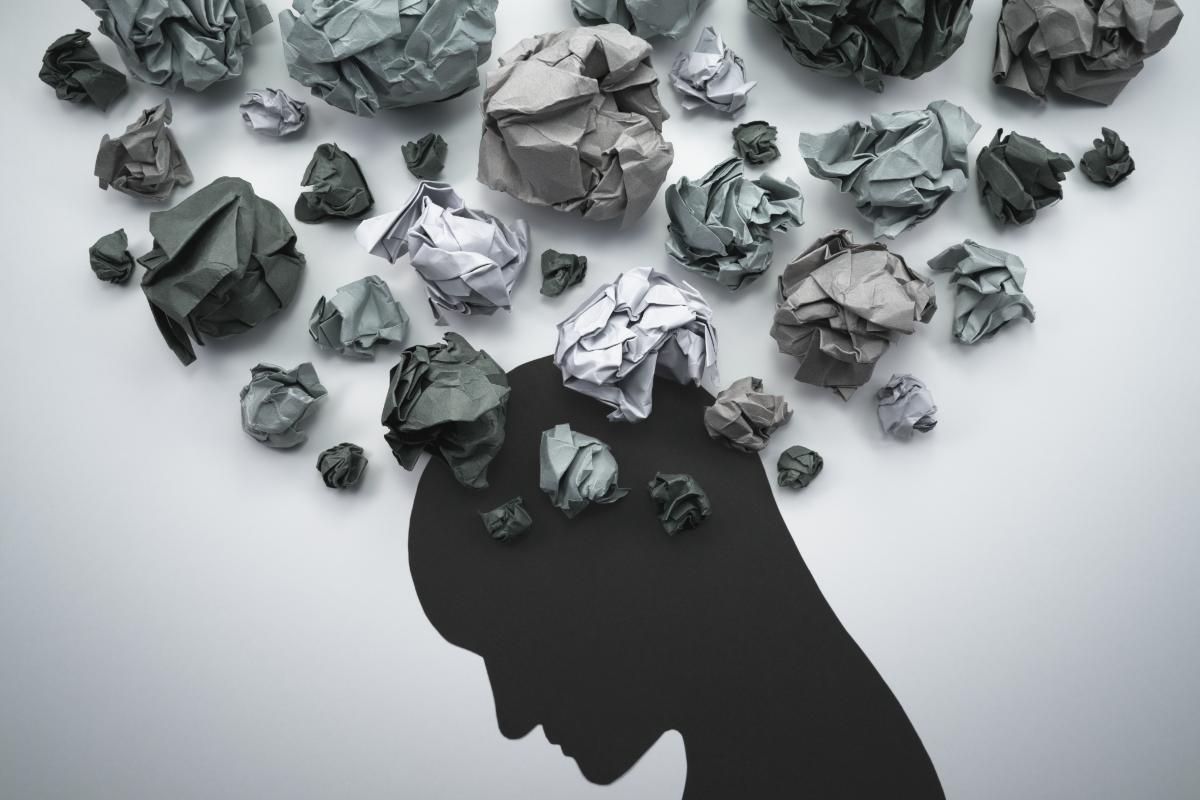Cocaine is a highly addictive drug made from the coca plant leaves. Crack is a crystallized form of cocaine that looks like small rocks and is smoked in a pipe. Crack is significantly more potent than powder cocaine. Cocaine and crack are central nervous system (CNS) stimulants that work by blocking norepinephrine, dopamine, and serotonin transporters, causing a build-up of these neurotransmitters in the brain’s pleasure centers, producing feelings of euphoria that fuel the cycle of addiction.
Contrary to popular belief, crack cocaine is not more addictive than powder cocaine. Instead, smoking allows it to reach the brain faster and more intensely than snorting or injecting it. When crack cocaine use is halted, withdrawal symptoms can begin quickly. The safest, most effective way to overcome crack abuse or addiction is through a crack cocaine detox center like that at Evoke Wellness at Cohasset.
Call 866.931.6429 to learn more about our programs and how we can help you or your loved one. Our admission counselors are available around the clock.
What to Know About Crack Cocaine
Cocaine was introduced in the United States in the 1880s as an anesthetic for surgery. By the early 1900s, it was commonly used for medical purposes until its side effects and addictive qualities became understood. Cocaine became classified as a Schedule II drug in 1970, meaning it has a high potential for abuse, with use potentially leading to physical or psychological dependence.
Crack is a newer form of cocaine that became popular in the 1980s when its use reached epidemic levels. Crack is considerably cheaper than powder cocaine and, was highly trafficked in poorer communities, and became much more stigmatized than powder cocaine.
Crack is cheaper to produce and contains less pure cocaine. While the effects of crack are more intense, they are also short-lived, resulting in more compulsive use and higher overdose rates.
While crack use has decreased, cocaine remains the second most used illicit drug in the United States, the world’s largest consumer of cocaine.
What Are the Signs of Crack Cocaine Abuse?
While it is often easy for someone struggling with addiction to hide their symptoms, especially in the early stages, this is not commonly true with crack cocaine. Smoking crack cocaine produces intense physical and psychological effects that become more pronounced with increased use.
Some of the common signs of crack cocaine abuse include the following:
- Aggression or irritability
- Restlessness or unexplained bursts of energy
- Intense euphoria or excessive happiness
- Paranoia or excessive suspiciousness
- Frequent disappearances or secretive behavior
- Hyperactivity followed by exhaustion
- Significant changes in appearance
- Mood swings or rapid emotional changes
- Impaired judgment and decision-making
- Burns or blisters on the fingers or lips
- Tooth decay and other dental issues
As crack cocaine abuse increases, many individuals experience employment issues, relationship difficulties, financial troubles, or legal issues. Long-term crack cocaine abuse compromises the immune system and can cause significant damage to vital organs.
Crack Cocaine and Its Impacts on the Brain
Smoking crack cocaine has nearly immediate, intense impacts on the brain and central nervous system. Crack cocaine primarily affects the brain’s reward system by increasing dopamine, a neurotransmitter associated with pleasure and reward, resulting in euphoria and increased energy. Repeated use disrupts the brain’s natural dopamine regulation, creating a stronger need for the drug and diminishing pleasure from ordinary activities.
Other interactions between crack cocaine and the brain include the following:
- Chronic crack cocaine abuse leads to neuroadaptation, where the brain tries to counteract the excessive levels of dopamine released by the drug, decreasing the number of dopamine receptors and their level of sensitivity and making people reliant on crack cocaine to feel any pleasure.
- Long-term crack cocaine abuse causes structural changes to the brain, particularly in areas such as the prefrontal cortex. These changes contribute to poor impulse control, impaired judgment, impulsive behaviors, and difficulty making rational decisions.
- Crack cocaine abuse contributes to cognitive impairments, such as challenges with attention, memory, and executive functions. These deficits can persist even after quitting use.
- Crack cocaine abuse correlates with increased mental health issues, including anxiety, depression, paranoia, hallucinations, and psychosis.
- The intense euphoria from crack cocaine use can quickly lead to addiction.
- Lasting changes to the brain’s structure and function leave individuals highly vulnerable to relapse.
The extent and severity of the impacts of crack cocaine on the brain vary based on factors including genetic predisposition, the duration and intensity of crack cocaine use, and underlying mental health conditions.
Break Free From Crack Cocaine Abuse at Evoke Wellness at Cohasset
Evoke Wellness at Cohasset offers comprehensive dual diagnosis treatment for crack cocaine abuse. Our expert team understands the challenges of overcoming substance use disorders and is here to help you or your loved one. Take the first step toward recovery by calling 866.931.6429 or filling out our online form. We’re available for you.




